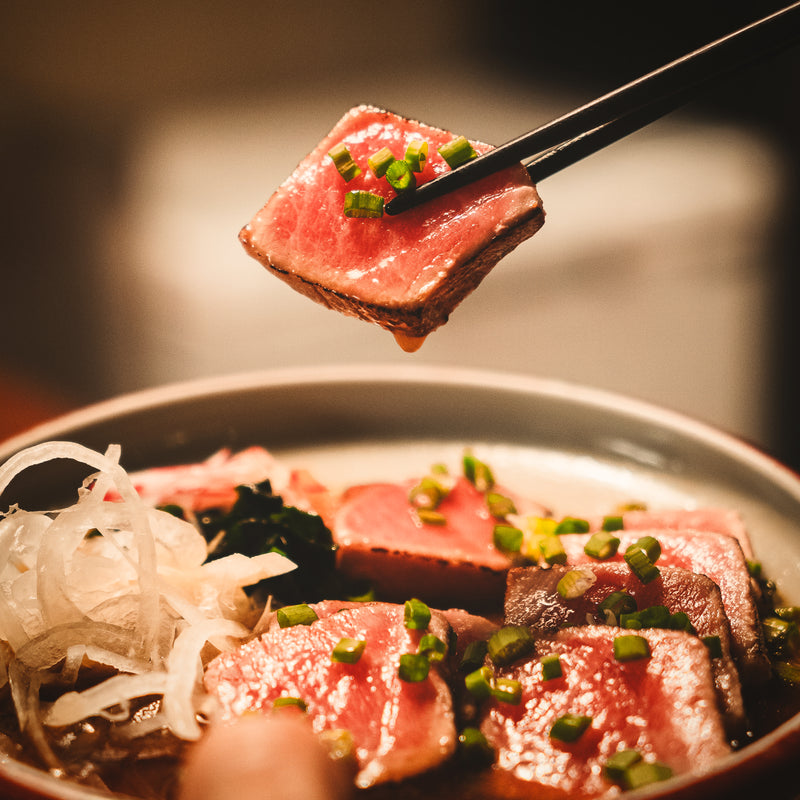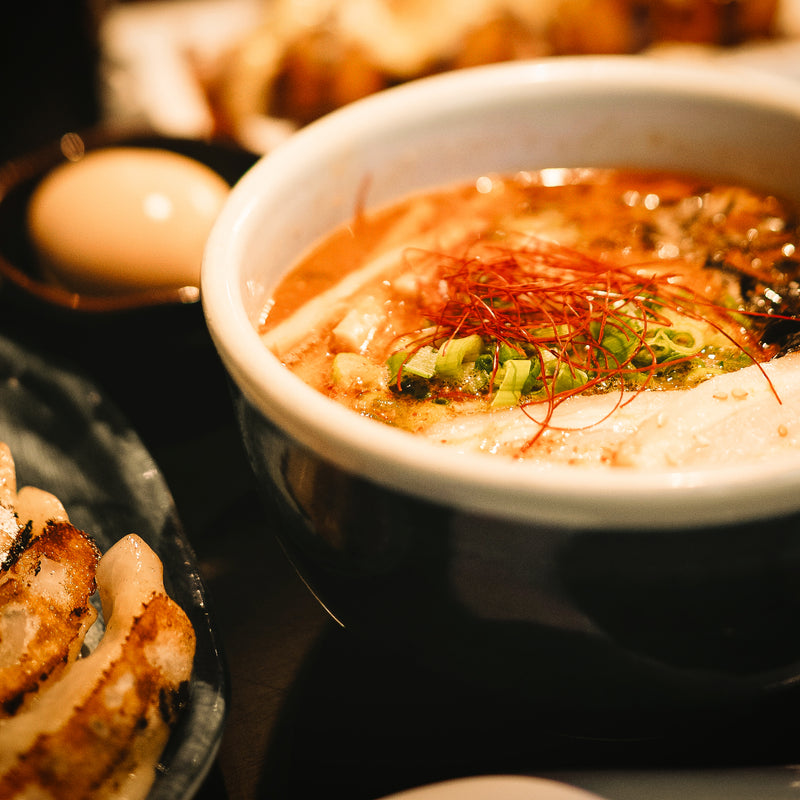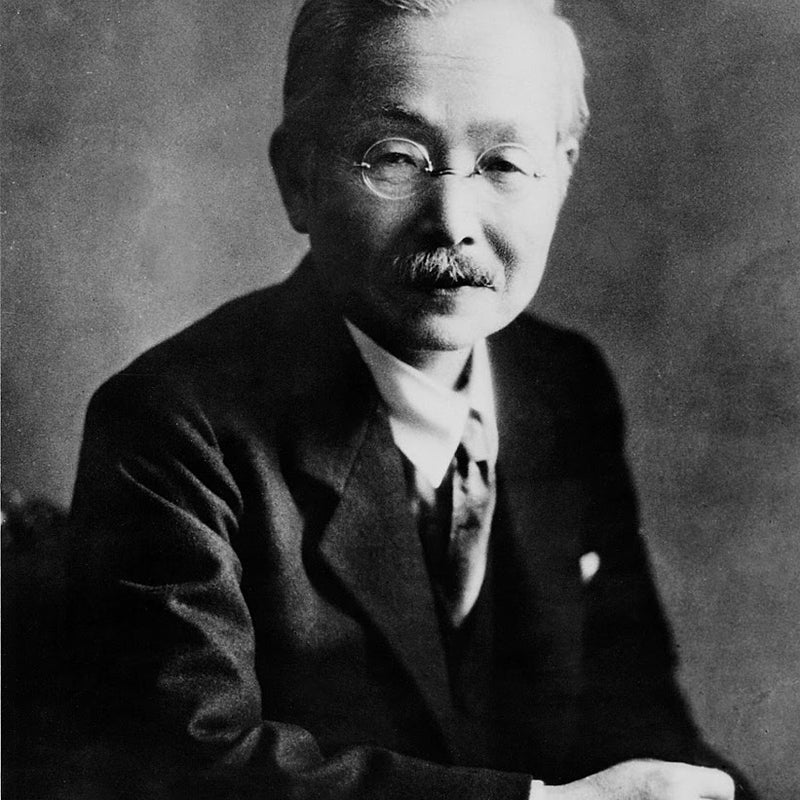What's the deal with MSG?

What is MSG?
MSG stands for “monosodium glutamate”. It's a pure form of glutamate, which is the natural ingredient that makes savoury foods like tomatoes or parmesan cheese so tasty. Adding it your food makes it taste better – without making it taste of something else.

Is MSG artificial?
Glutamates are found naturally in all sorts of foods like tomatoes, mushrooms, aged cheeses and soy sauce. The MSG that we use is totally plant-based, and is made by fermenting vegetables in the same way that beer or wine is made. Pure MSG is no different from the glutamates that you’re already eating, and your body makes no distinction between the glutamates it encounters through MSG seasonings and the ones it encounters in other foods.

What is MSG made from?
MSG is made by fermenting vegetables; it’s not the product of some strange scientific or synthetic process. The most common source of MSG in the early 20th century was seaweed, but it’s now more common to source it from soy beans or sugar beets, since they’re a bit easier to harvest than seaweed. Our MSG is made from sugar beets.

Is MSG bad for me?
No, not at all. Every human being on the planet already eats lots of MSG, because it occurs naturally in almost all foods. In fact, the human body is 2% MSG by weight! It’s not possible to overdose on MSG, but for reasons of taste you should just use a small dash or sprinkle. Use it in the quantities that you’d use salt in your cooking, and you won’t go too wrong.

How was MSG discovered?
A Japanese biochemist called Kikunae Ikeda loved the taste of his wife’s dashi, a broth made from seaweed, and wondered what gave it its gloriously savoury flavour. He discovered that it was glutamic acid, figured out a way to extract it from the seaweed, and called the flavour that it produced “umami”. We owe Ikeda-san a lot!

Why do some people avoid MSG?
For years, MSG has been the subject of misinformation, some of it unpleasant and connected to ignorant myths about Asian cuisine. But there’s no scientific evidence to connect MSG to any harmful side-effects, and it’s consumed as a seasoning daily by hundreds of millions of people without any negative impact at all. Even people who claim to avoid MSG tend to consume it every day, since it occurs naturally in so many foods.